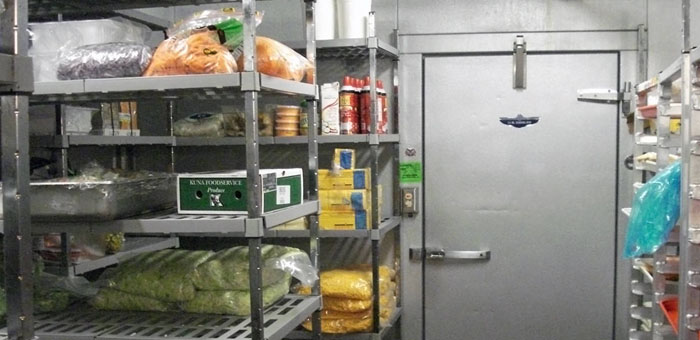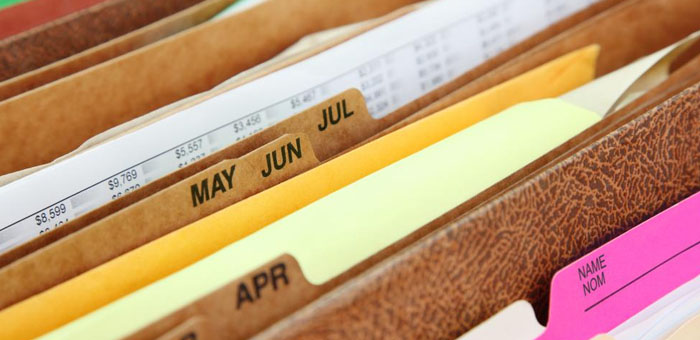All to often, food truck owners mix their business and personal finances. After all, you are your business. Mixing up the two will mean a mess for you and your accountant at tax time. Even if you’re just starting out, it’s essential to split up these two parts of your money life. Treat your mobile food business, like a viable entity.
That starts with tracking your business expenses separately from your personal finances. Even though it may feel like they are one in the same if you are a one-man show, they aren’t.
Here are a few tips to help you can isolate your food truck business from your personal finances.
4 Tips To Keep Your Food Truck And Personal Finances Separated
Separate checking accounts
Start with your bank. Open a business checking account. If there’s ever a question as to whether it’s a hobby or a business, the IRS looks to see if you have a separate checking account.
If you use Quicken, Quickbooks or Microsoft Money, make sure you have two separate systems: one for personal and one for business. Not only is having two accounts tax-smart, it will also improve your organization.
At the end of the year, all your income and expenses will be in one place. This makes record keeping and tax filing easier. If you try to separate all your records in March or April, you won’t be able to accurately remember all the money moves from the prior tax year. Keeping good records year-long will give you proof of your mobile food business expenses if you do get audited.
Use a business credit card
Lending requirements are quite strict for any small small businesses. Still, try to get a credit card for your food truck. Like the separate checking account, a credit card will help your record keeping and give you something to show the IRS if you’re audited.
The food truck credit card could give you an extra tax deduction too. If you need to carry a balance on a business credit card, that’s the only credit card interest that’s deductible as a business expense.
Become legit
Consider establishing a limited liability company (LLC) or an S Corp for your business. Sit down with your advisors (attorneys, CPAs and insurance agents) and determine what entity makes the most sense. Then look at how this business will impact your taxes and financial plan and what insurance coverage you should consider. This business entity will also give your personal finances a new level of liability protection, which could come in very handy of your food truck is ever sued.
When it’s tax time
Having a checking account, credit card and record keeping software earmarked exclusively for your food truck business use will give you most of what you need to file your taxes and to prove to the IRS that your business really is a business. But there are other considerations, too.
If you use a home office to run your food truck operations out of, you’re eligible for a deduction, but only if you do it right. Even then, you could be in for an audit.
RELATED: How To Determine If Your Food Truck Is Making Money
The Bottom Line
Certain things don’t mix well, such as your personal finances and your food truck’s. Keeping these things separate not only helps you reduce problems, it also greatly simplifies things and makes it easier to manage your finances.
We hope these tips help you separate your business and personal finances. If you have any additional tips or suggestions, please share them in the comment section below or on social media. Facebook | Twitter




